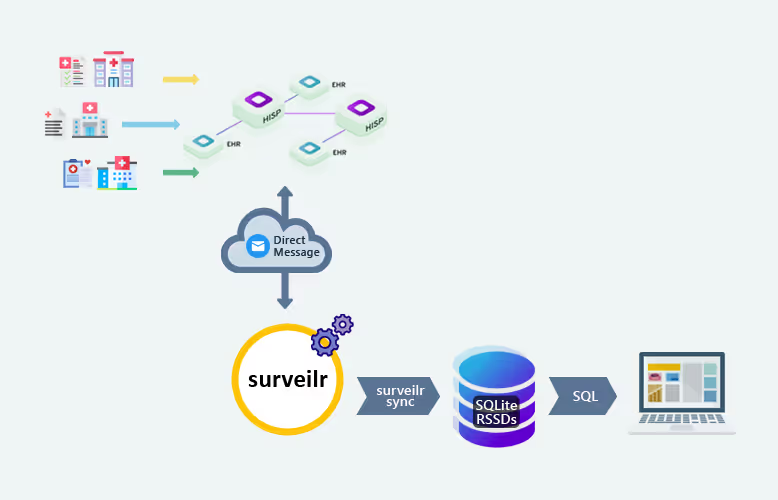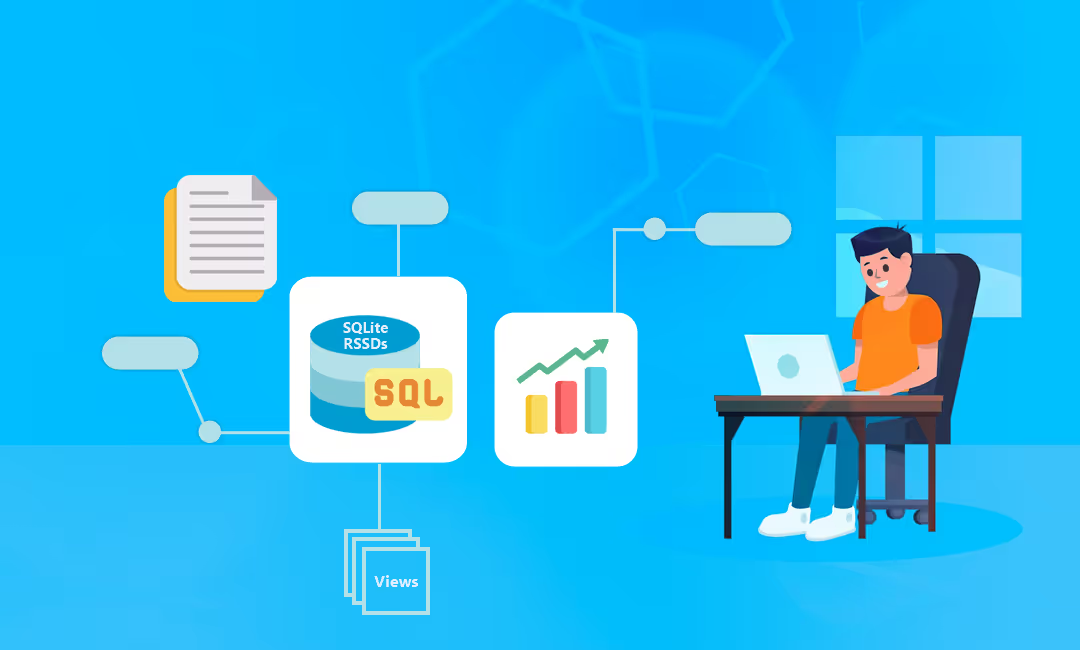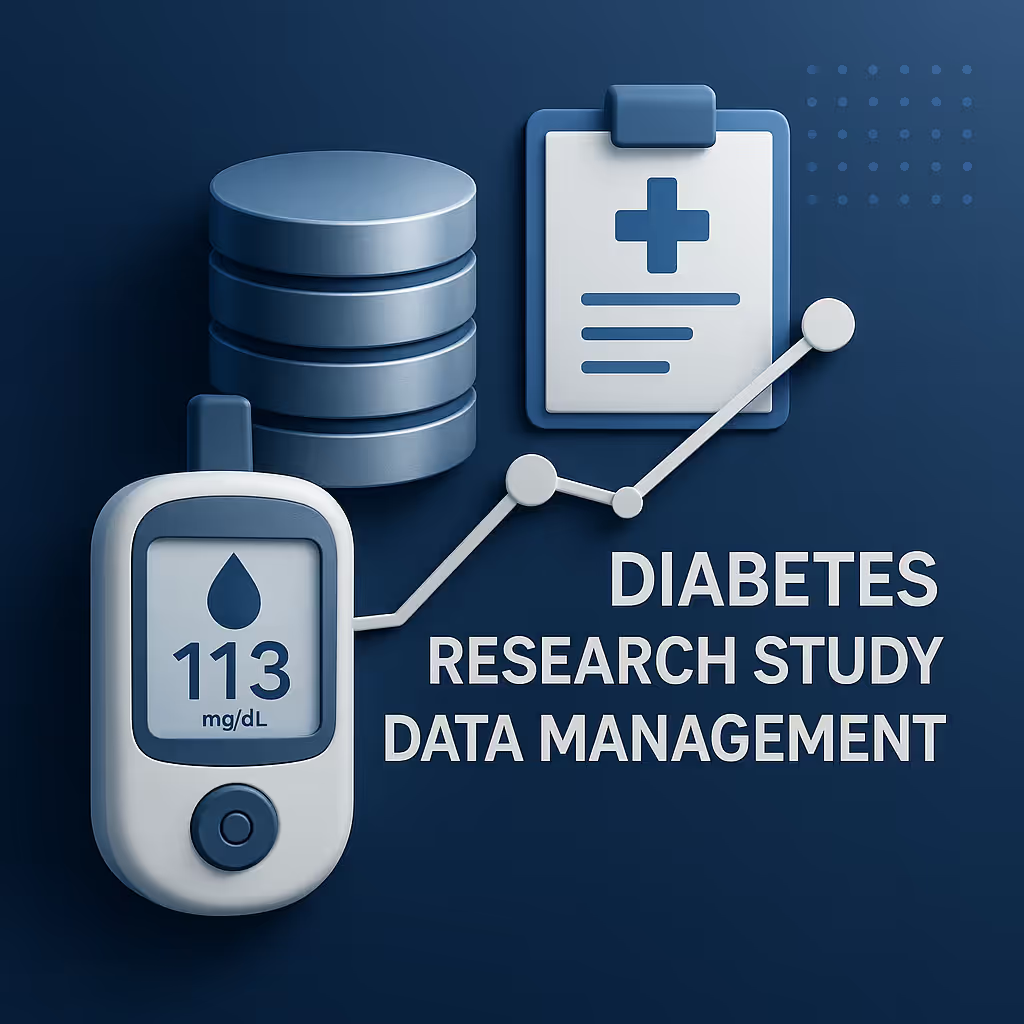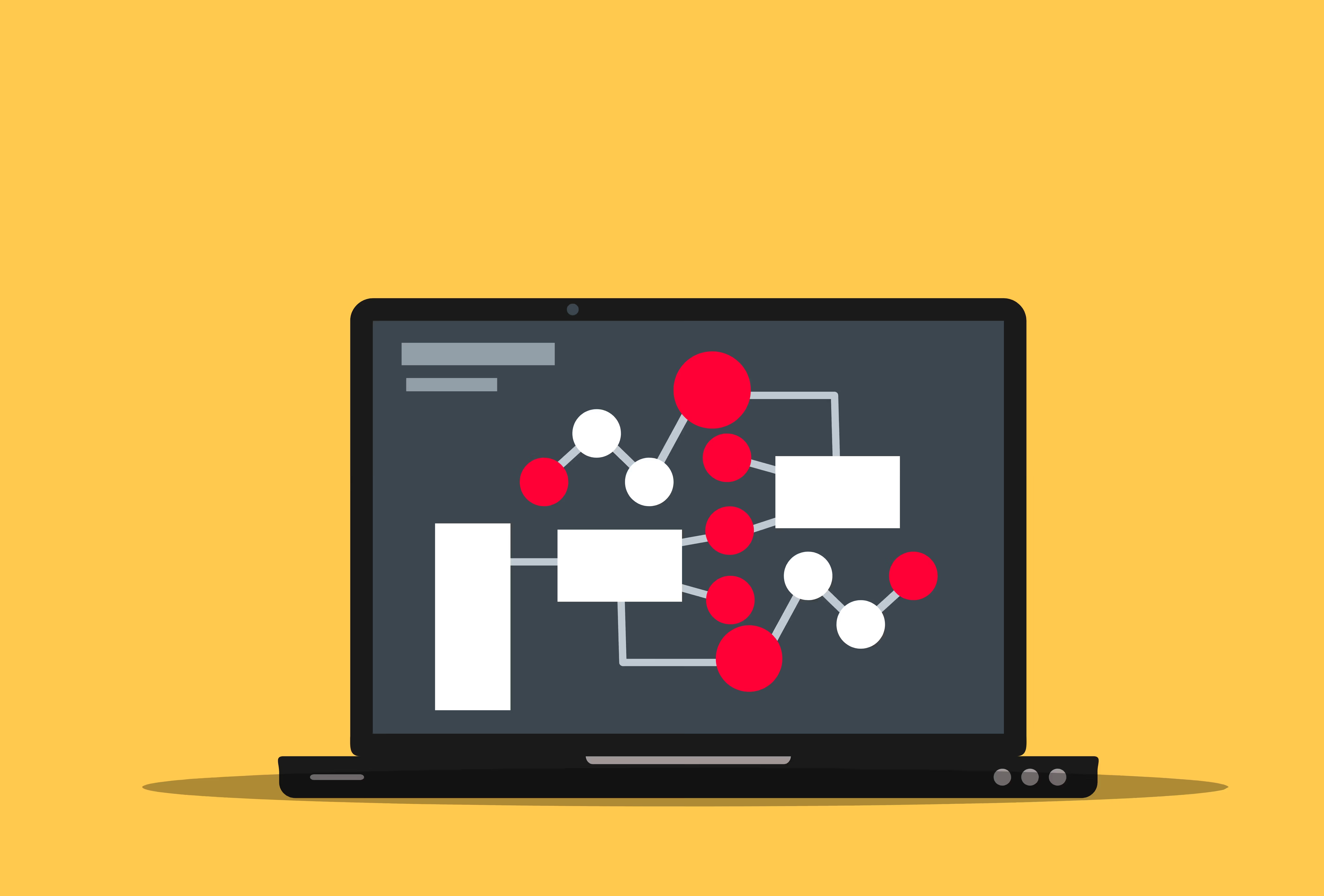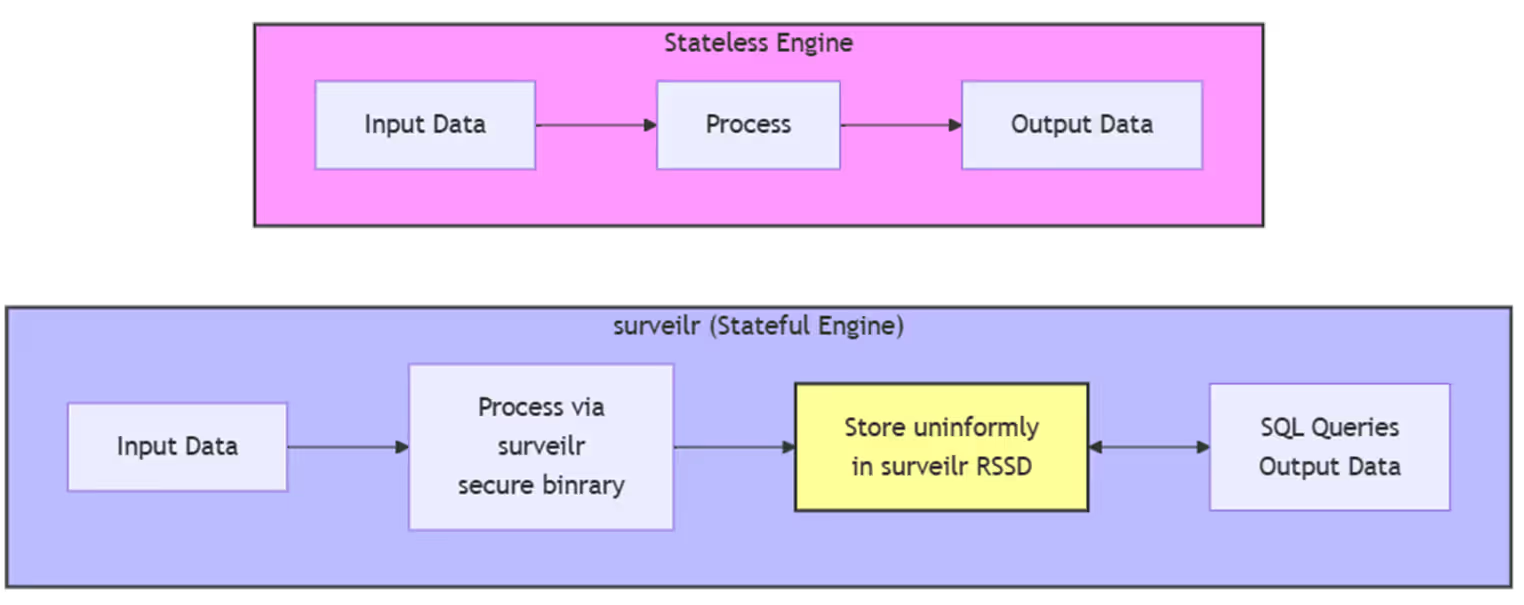At the heart of surveilr is the flexibility to adapt to a wide range of
industries, disciplines, and use cases. This adaptability is enabled through a
combination of the surveilr Core engine and a modular approach to
Patterns.
surveilr Core
surveilr Core is the core engine, a single binary that handles the heavy
lifting of collecting, aggregating, and processing evidence data. While
incredibly powerful, surveilr Core itself is agnostic to specific use
cases and does not have built-in awareness of business needs. It’s a flexible
tool designed to work with many different data sources and workflows.
surveilr Patterns
This flexibility comes to life through surveilr Patterns, which are
web-based libraries of SQL Packages that can be mixed and matched to
extend the functionality of surveilr Core. These Patterns fall into several
categories:
-
Universal Patterns: Designed to apply across all industries, such as general compliance tracking, security monitoring, or operational auditing. These are foundational packages that can be useful in any organizational context.
-
Industry Patterns: Tailored to the needs of specific sectors, such as healthcare, which may require managing EHR data for HIPAA compliance, or finance, which might need specialized handling of ERP data to meet SOX standards. These packages provide industry-specific workflows and file formats.
-
Discipline Patterns: These focus on the needs of specific professional roles or functions, such as software engineers, QA teams, regulatory compliance officers, and cybersecurity professionals. For example, a Discipline Pattern for cybersecurity professionals might automate threat detection, security log aggregation, and incident reporting, while a Discipline Pattern for QA might focus on quality tracking and product lifecycle management.
Service Patterns
In addition to Universal, Industry, and Discipline Patterns, surveilr also
offers Service Patterns, which provide a self-contained, highly
opinionated application or service for specific use cases. A Service
Pattern is a culmination of Universal, Industry, and Discipline
Patterns, blended together to form a complete solution that can operate as a
standalone service.
For example, a Healthcare Security Compliance Service Pattern might combine Universal Patterns for security monitoring, an Industry Pattern for handling EHR data, and a Discipline Pattern designed for regulatory compliance officers. The result is a full-service application that can be deployed with minimal configuration, offering a focused solution that meets the needs of healthcare organizations looking to secure patient data and comply with regulatory standards.
Composability and Flexibility
surveilr Patterns are delivered as composable SQL Packages, allowing
organizations to customize their use of surveilr by selecting the appropriate
Patterns for their needs. For example, a financial services company could
combine a Universal Pattern for compliance reporting with an Industry
Pattern specific to finance, and add a Discipline Pattern for software
engineers to track system performance.
Benefits of the surveilr Core + Patterns Strategy
-
Flexibility: With the ability to choose from Universal, Industry, Discipline, and Service Patterns, organizations can customize
surveilrto meet their exact requirements without modifying the Core engine. -
Efficiency: Service Patterns provide a ready-to-use, opinionated solution that is designed to be deployed quickly for specific applications, reducing the need for manual setup or configuration.
-
Scalability: As business needs evolve, new Patterns can be added or existing ones modified without disrupting existing workflows, making
surveilrscalable and adaptable over time. -
Comprehensive Use Case Support: Whether an organization needs basic compliance tracking or a full-service application,
surveilrPatterns offer the flexibility to create complex solutions from individual components.
With the combination of surveilr Core and the modular Patterns
approach—including Universal, Industry, Discipline, and Service
Patterns—surveilr enables organizations to confidently prove security,
quality, and compliance with auditable, queryable, and
machine-attestable evidence while scaling and adapting to specific needs.


